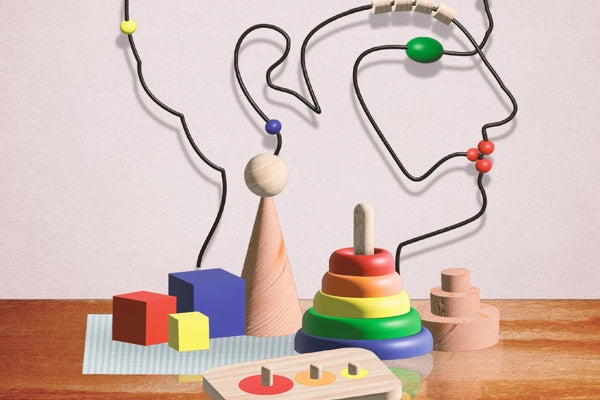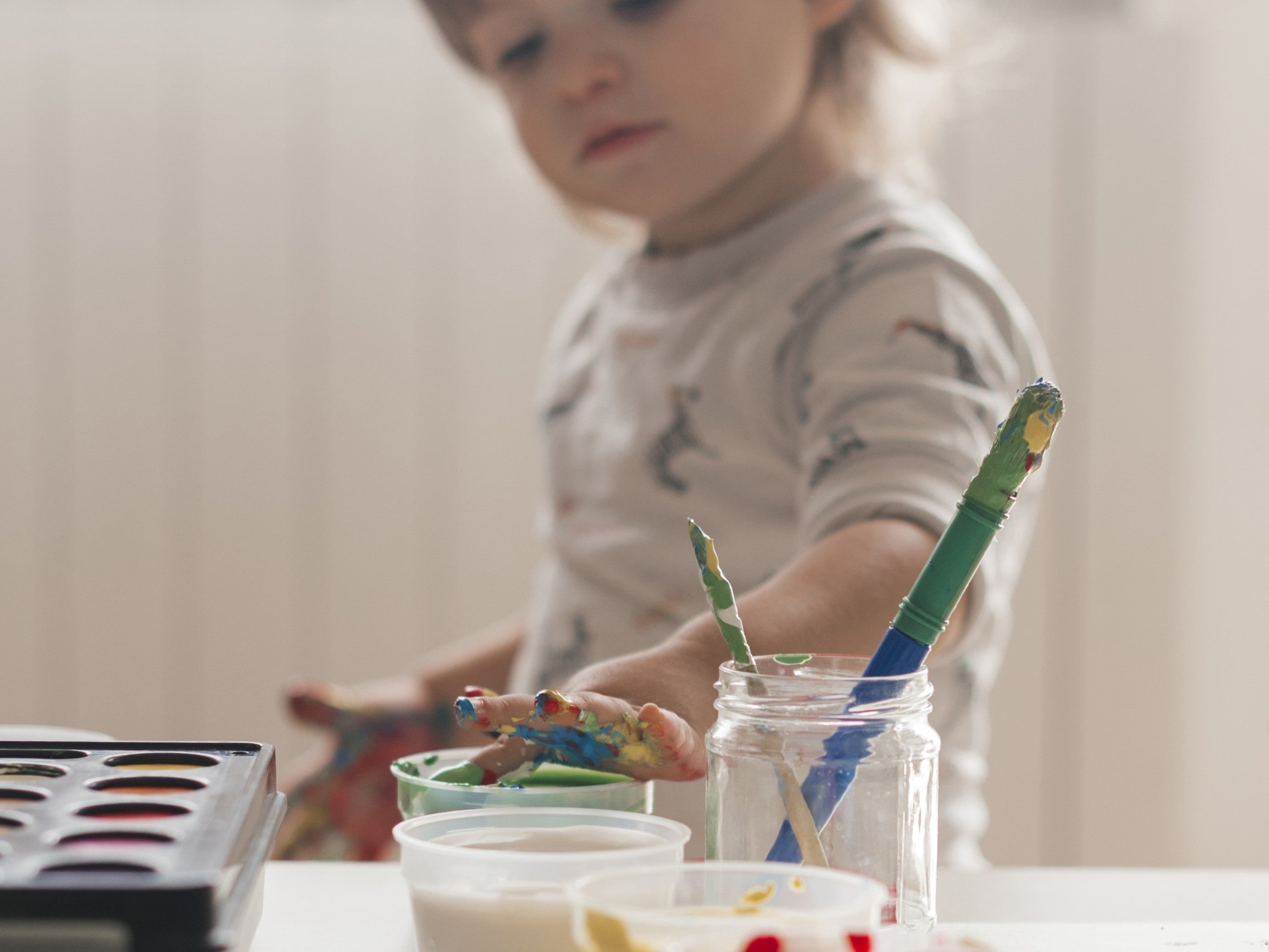The Montessori Method, a revolution in education
The Montessori Method, named after its founder Maria Montessori, revolutionizes education by emphasizing respect for the natural development of each child. At the heart of this approach, autonomy becomes an essential pillar. In Montessori classrooms, children are encouraged to choose their own educational activities, fostering independent learning. This freedom of choice encourages the child's natural curiosity and individual exploration, establishing a profound link between learning and the pleasure of discovery.
The child at the heart of learning
The concept of a prepared environment is also central to the Montessori method. Classrooms are carefully organized with specific educational materials, designed to arouse children's interest and foster their engagement. Sensory and manipulative materials, such as blocks, puzzles and cards, are meticulously chosen to meet the developmental needs of each child, aiming to developthe senses and foster a concrete, practical understanding of concepts.
The Montessori method adapts to each child's individual rhythm. Rather than following a rigid curriculum, teachers carefully observe each student's progress and adjust their teaching methods accordingly. This creates a personalized learning environment where each child can progress at his or her own pace, fostering personal development that encompasses not only academic skills, but also social, emotional and physical aspects.
A true pedagogical revolution
A distinctive feature of the Montessori method is the use of specific teaching materials. Educational tools are designed to encourage manipulation, experimentation and self-correction. They offer children a hands-on experience that goes beyond simple memorization, encouraging a deeper and more lasting understanding of concepts.
Assessment in the Montessori method also differs from the traditional approach. Rather than focusing on standardized assessments, evaluation is qualitative, based on continuous observation of the child's progress in activities. This approach emphasizes individual growth rather than comparison with peers.
In conclusion, the Montessori Method offers an innovative educational framework that aims to cultivate each child's natural curiosity, independence and personal development. By integrating unique learning principles, this educational approach offers a dynamic, personalized alternative that shapes autonomous, creative learners.


